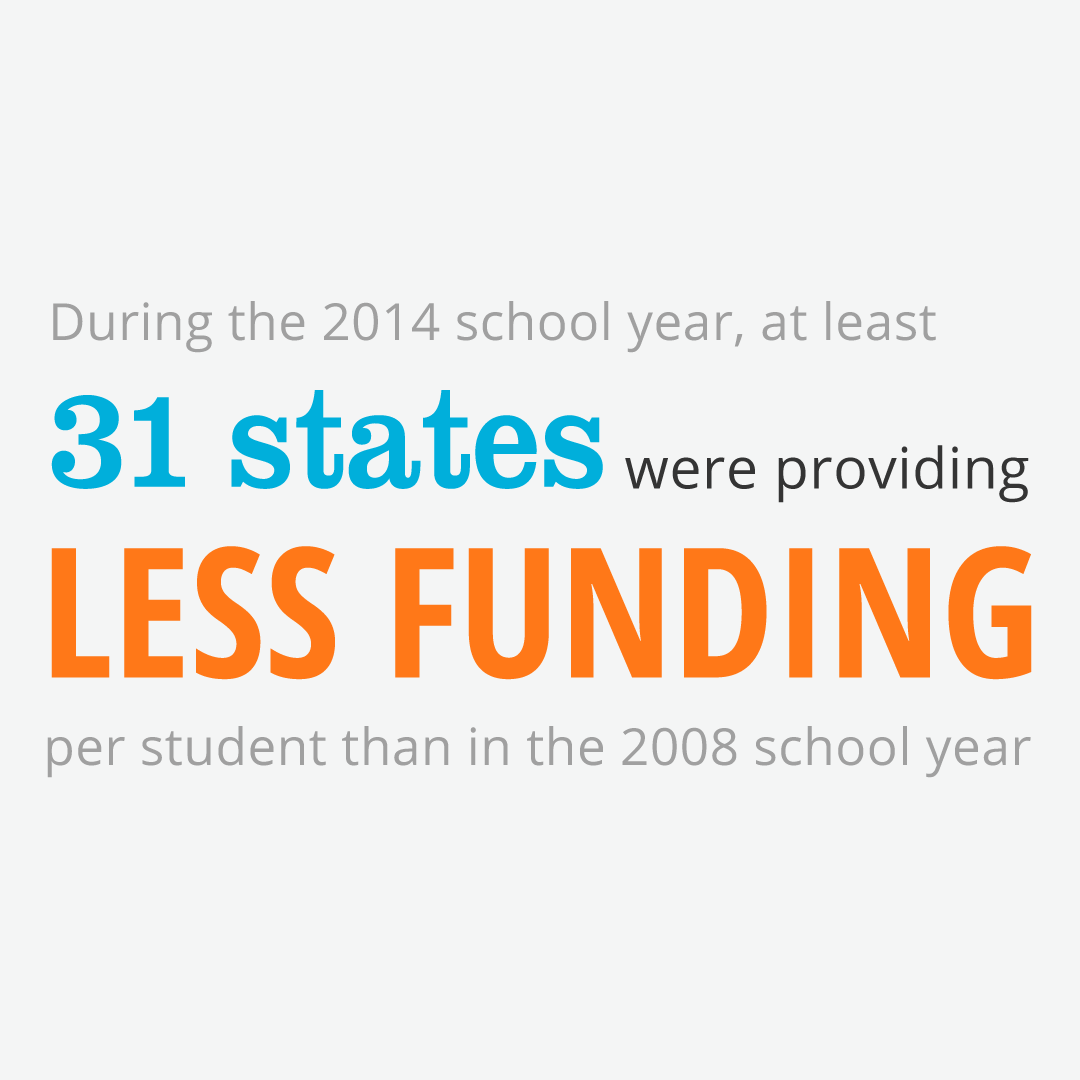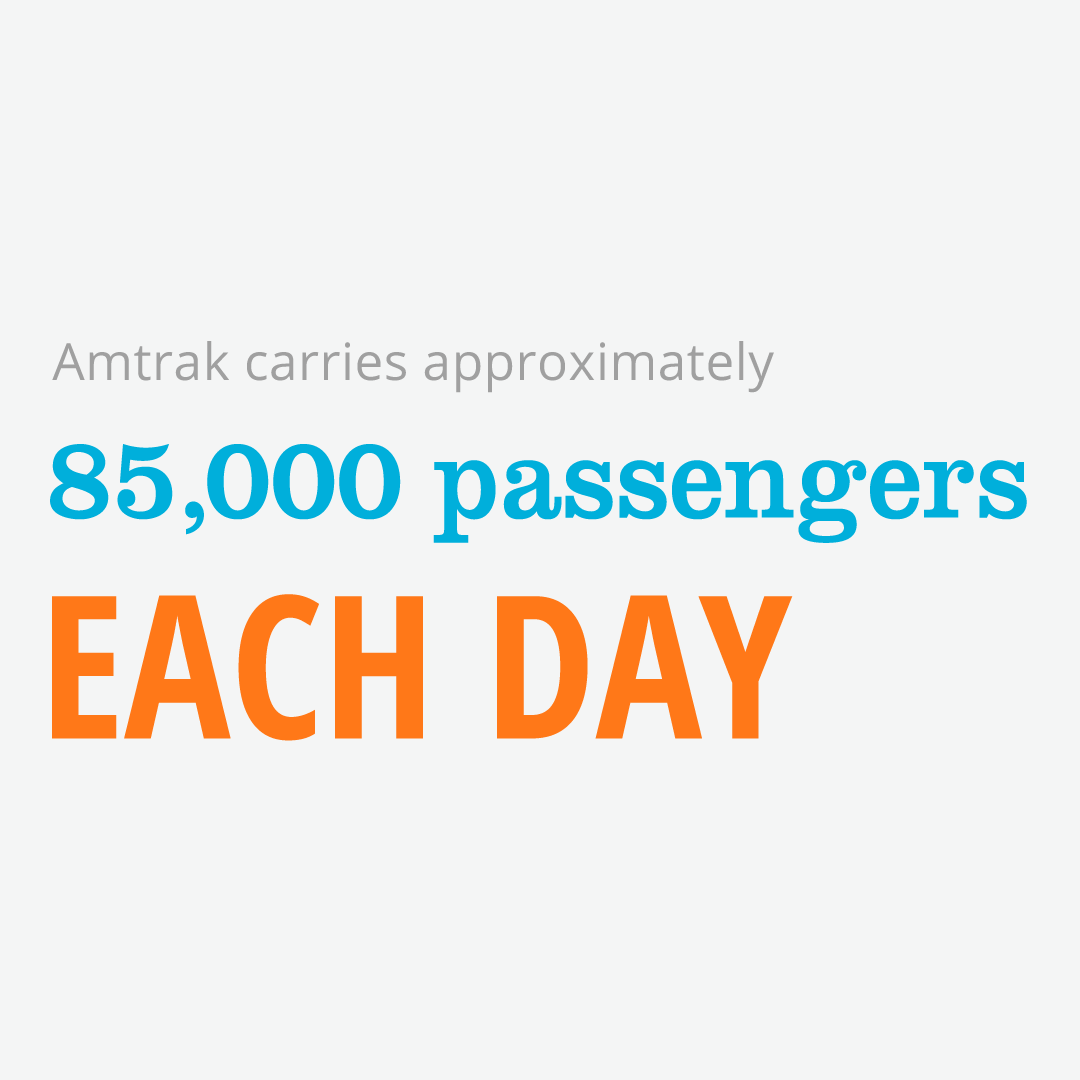Infrastructure Initiatives in Upcoming State Elections
Labor Day weekend traditionally signals the end of summer and the start of a frenzied sprint to Election Day. The 2024 election cycle has been an eventful one, and the suspense will continue building as November approaches.
While candidates and political parties often garner the most attention leading up to Election Day, many important ballot initiatives will be put before voters at the state and local level. The following is a summary of some of the engineering and infrastructure-related initiatives ASCE will be monitoring across the country on Election Day.
California Proposition 4 & 5
On November 5, Californians will vote on a pair of ballot propositions that could transform the state by facilitating enormous investments in its public infrastructure.
If passed, Proposition 4 would allow the state to issue $10 billion in bonds to fund projects to improve California’s water supply, tackle sea-level rise, and invest in its energy infrastructure, among other infrastructure improvements. This would make it the largest investment in climate resilience in the history of California.
Moreover, Proposition 4 would require at least 40 percent of the total bond money to be used for activities that directly impact lower-income and vulnerable communities, few of which have received funding from previous bond efforts. The language of California Proposition 4 would also require regular public disclosure of how the money is being spent.
If approved, it is estimated repayment of the bonds authorized under Prop 4 would cost the state’s General Fund $400 million annually for the next 40 years.
A second ballot initiative, Proposition 5, would amend the California constitution by lowering the super majority required for cities, counties, and other local jurisdictions to issue bonds for affordable housing and public infrastructure projects. Currently, California requires a two-thirds majority (66.67 percent) of voters to approve the issuance of new bonds. Proposition 5 would lower the threshold to 55 percent.
The measure was placed on the ballot by the California legislature to address the state’s well-publicized housing shortage and the challenges local governments currently face in borrowing money to develop critical infrastructure projects.
Colorado Ballot Initiatives
Colorado’s legislature is asking the state’s voters to decide if excess tax revenue derived from sports betting within the state should be refunded to casino and sports book operators or be invested in Colorado’s Water Plan (CWP), through a fund administered by the Colorado Water Conservation Board (CWCB).
The CWCB was developed by the Colorado state legislature to determine how to optimize the conservation and development of the state’s water resources. In its 2023 Water Plan, CWCB estimated it will need $1.5 billion to support water projects in Colorado by 2050.
This ballot initiative is a byproduct of the success of sports betting as a state revenue generator. In 2019, Colorado voters legalized sports betting and enacted a ten percent tax on its proceeds.
The original ballot measure allowed for annual revenues of more than $29 million to be returned to sports book operators, but because sports betting has become so popular, revenues are projected to exceed the current limit. Since coming into effect in 2020, sports betting has already generated more than $60 million for investment in the CWP.
Oklahoma Ballot Initiatives
In Oklahoma, voters will be asked to decide if an amendment should be made to the state’s constitution allowing municipalities to create “public infrastructure districts” (PID). These districts would have the authority to issue bonds for public improvements to roads, sidewalks, water, sewer, and other infrastructure. The PIDs districts would be governed by a Board of Trustees with the power to levy a special assessment on properties benefitting from any improvement projects.
The proposed constitutional amendment could make a serious impact on infrastructure investment in the Sooner State. However, the language of the amendment stipulates that the creation of PIDs would require petition signatures from 100 percent of all landowners in the affected area before a PID could be created.
Rhode Island Ballot Measures
On Election Day, Rhode Islanders will consider whether to approve a $53 million “green bond” to address environmental-related infrastructure, recreation areas and green spaces issues in their state.
For many years, Rhode Islanders have weighed in on approving various bond measures to help fund similar projects throughout Rhode Island. This year voters are being asked to approve a bond funding nine different projects across the state, including:
- $15 million for improvements to the Port of Davisville. The funding will help create “new berthing space, port access roads, cargo laydown area improvements, and security upgrades” for Rhode Island’s only public port;
- $10 million for RI Infrastructure Bank to fund matching grants of up to 75% to directly support Rhode Island’s cities and towns to improve the resilience of vulnerable infrastructure and coastal habitats;
- $5 million for matching grants to clean up “brownfield “sites throughout the state; and
- $2 million for matching grants to public and non-profit entities to restore and/or improve the climate resilience of vulnerable coastal habitats.
Sign up for ASCE email updates to stay on top of developments on these and over two dozen statewide ballot initiatives ASCE’s government relations team will be tracking leading up to the November general election.























































